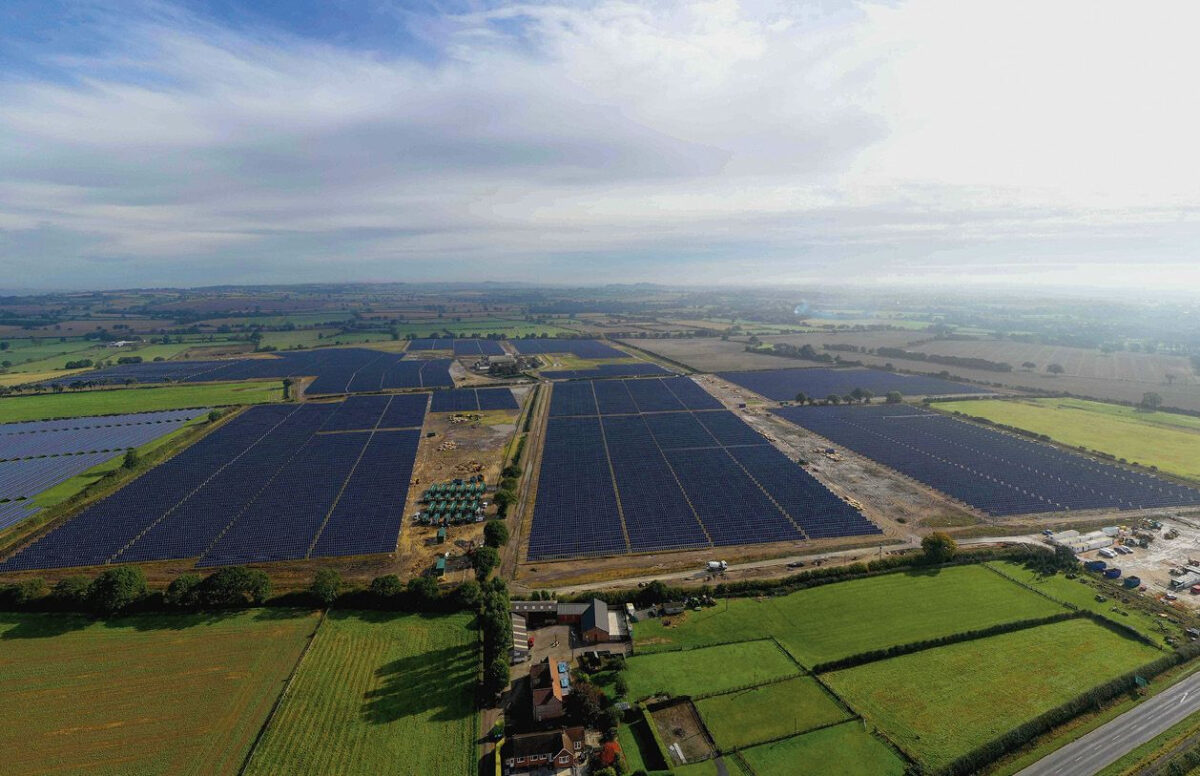Installed solar capacity in the United Kingdom reached 16.8 GW in May 2024, according to the latest figures from the UK Department of Energy Security and Net Zero (DESNZ).
Installation figures released on June 27, 2024, show 582 MW of capacity was added in the first five months of 2024, down on the 640 MW added during the same period in 2023. A total of 16,333 PV installations in May 2024 accounted for 69 MW of new capacity for the month. This is the highest figure seen in 2024 so far but still trails the 131 MW installed in May 2023.
By segment, domestic installations now account for 30% of total installed capacity in the UK and were responsible for majority of capacity added in May 2024. Residential buildings accounted for 80% of new installations, adding up to a total of 53 MW capacity for the month.
For the year to date, new capacity was split almost evenly between the smallest and largest installations in the first five months for 2024. Installations below 10 kW accounted for 255 MW of installed capacity for the period compared to 257 MW for installations of 5 MW or greater. The remaining 71 MW of installed capacity was mostly accounted for by 10 kW to 50 kW installations, with just 9 MW of new capacity between 50 kW and 5 MW recorded in the data.
The latest DESNZ statistics conform to an ongoing trend for domestic PV in the United Kingdom. Residential share of PV capacity experienced a rapid drop following the first years of the UK’s feed-in tariff. Domestic share has lingered at or below 25% since 2016. Over the last 18 months, that has crept up to 30% thanks to a surge in small-scale solar installations.
Mark Sommerfeld, deputy director at the Renewable Energy Association (REA), said that while the “modest improvement” in deployment rates was welcome, “it remains well below the 70 GW of solar energy capacity by 2035 needed to keep the UK aligned with net zero targets.”
Commenting as British voters prepared to go to the polls for the July 4 general election, Sommerfeld added: “The REA is calling on the next government to prioritize key actions by focusing on grid connections and planning reform to speed up deployment of both ground-mounted and rooftop solar, supercharging the industry, in order to achieve ambitious and vital targets.”
Note: DESZN states its deployment figures for the latest month should always be taken as provisional and are likely to be revised as further data are received on newly operational sites.
This content is protected by copyright and may not be reused. If you want to cooperate with us and would like to reuse some of our content, please contact: editors@pv-magazine.com.



1 comment
By submitting this form you agree to pv magazine using your data for the purposes of publishing your comment.
Your personal data will only be disclosed or otherwise transmitted to third parties for the purposes of spam filtering or if this is necessary for technical maintenance of the website. Any other transfer to third parties will not take place unless this is justified on the basis of applicable data protection regulations or if pv magazine is legally obliged to do so.
You may revoke this consent at any time with effect for the future, in which case your personal data will be deleted immediately. Otherwise, your data will be deleted if pv magazine has processed your request or the purpose of data storage is fulfilled.
Further information on data privacy can be found in our Data Protection Policy.